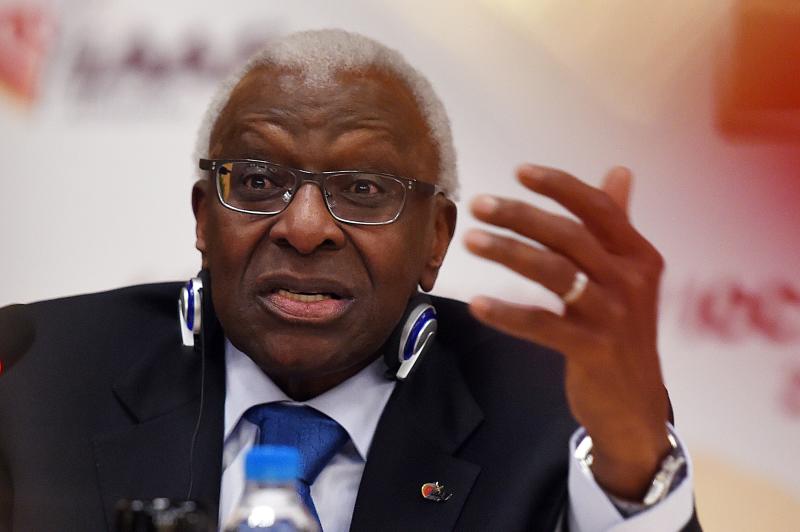×
The Standard e-Paper
Join Thousands Daily

Five years ago, he was one of the most recognised leaders in sport on the planet.
Now, Lamine Diack, 87, the former president of the IAAF- known as World Athletics today- faces a future behind bars after he was jailed for four years, two of them suspended, last Wednesday (September 16) for corruption by a French court.